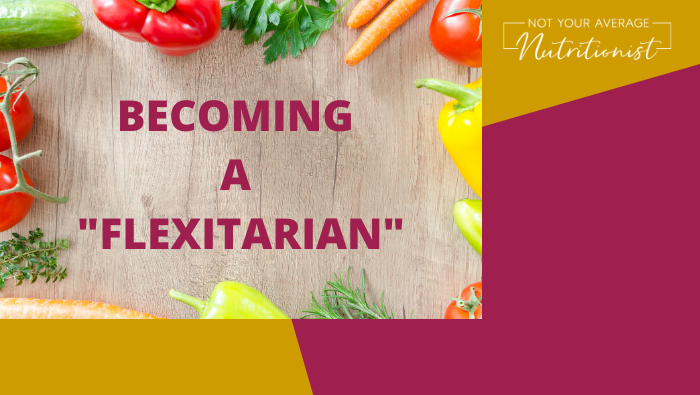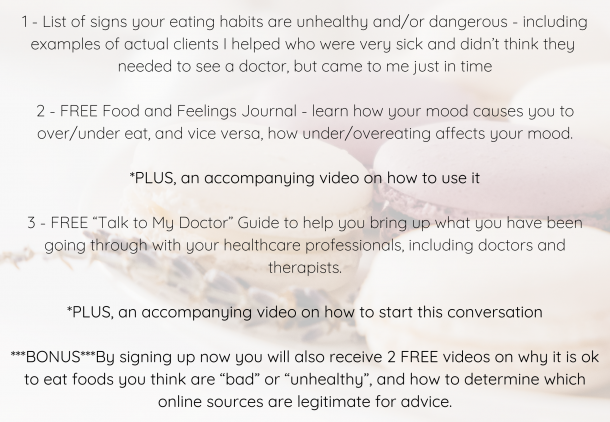With the World Health Organization recently announcing “Processed meats cause cancer” (this is not new news that processed meats are not healthy), many people are either mad that they have to give up their beloved meat, or aggressively defending their eating habits. It doesn’t have to be all-or-nothing!
According to the American Dietetic Association, “most of mankind throughout most of human history has lived on a vegetarian or Lacto-ovo vegetarian diet.” During times of war, meat, dairy and sugar were rationed, and vegetable gardens became a main source of food for family meals. Today, a growing number of people are choosing to eat less meat for reasons such as the cost, and reducing dietary fat.
The benefits of eating a primarily plant-based diet include:
-Better heart health, as plants do not have saturated and trans fats, and are lower in cholesterol.
-Greater amounts of filling fiber, vitamins, and minerals.
-Best of all: YOU DON”T HAVE TO GO TO EXTREMES!
The technical term for an omnivore who eats meat only occasionally is a “Flexatarian.”
What benefits do animal products give us? Iron is a nutrient better absorbed in heme sources (animal) than non-heme (vegetable sources of iron). Additionally, Vitamin B12 is impossible to get in a vegan diet without supplementation, and can cause problems with red blood cell formation.
Non-meat protein choices
-beans, high in fiber and protein (ex: soybeans (aka: edamame, is a complete protein)
-legumes (ex: lentils)
-whole grains (ex: quinoa, a complete protein)
-egg whites (limit yokes)
-low-fat and fat-free dairy
-nut butters (think outside the peanut butter jar, try sunflower, almond, and soy-nut butter
How to do it:
-Make most of your meals vegetarian (A “flexitarian” by definition eats meat less than 20% of the time, but you don’t have to jump straight to that).
-Ease into it, by starting with 2 days a week without meat, or start mixing other foods into your meat dishes (ex: ½ taco meat ½ beans, oats in your homemade burger patties, use vegetable protein ”ground meat” in place of ground beef in chili, lasagna, and pasta sauces.
-Do not use junk food to replace the meat part of the meal.
-Find new vegetables and fruits, or new ways to prepare them.
-Enjoy lean meats in moderation.


